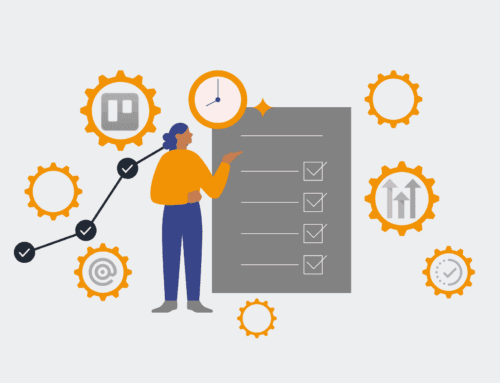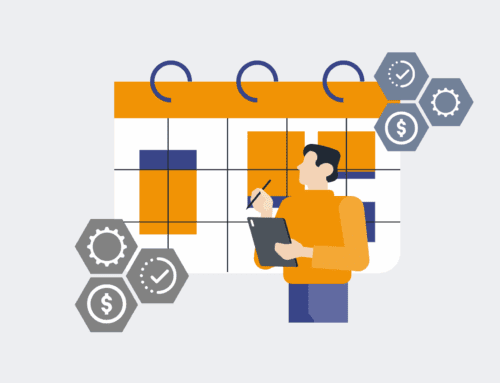Beyond Basic Booking: Advanced Features in Modern Scheduling Platforms
In today’s fast-paced business environment, efficient scheduling is no longer just about avoiding double bookings. For organizations striving for peak operational efficiency, a basic calendar invite simply doesn’t cut it. Modern scheduling platforms have evolved dramatically, offering a sophisticated suite of features that move far beyond simple time slot allocation. These advanced capabilities are not merely conveniences; they are strategic tools designed to optimize resource allocation, enhance client and team experiences, and ultimately, drive significant business growth.
The traditional pain points of scheduling – back-and-forth emails, no-shows, and resource conflicts – become amplified as a business scales. This is where advanced platforms step in, transforming a mundane administrative task into a powerful operational lever. We’re talking about systems that integrate seamlessly into your existing tech stack, anticipate needs, and intelligently automate the entire engagement lifecycle.
Intelligent Resource Management and Dynamic Availability
One of the most impactful advancements lies in intelligent resource management. Picture a scenario where your scheduling platform doesn’t just know when a team member is free, but also considers their specific skills, location, and even their current workload balance. Modern systems can dynamically adjust availability based on pre-defined rules, ensuring the right person is booked for the right task every time. This is particularly crucial for service-based businesses, consulting firms, or HR departments managing complex interview processes.
Furthermore, these platforms can manage physical resources like meeting rooms, equipment, or specialized tools, preventing conflicts and ensuring all necessary components are available for an appointment. This level of granular control minimizes last-minute scrambling and maximizes productive time, allowing high-value employees to focus on core tasks rather than logistical coordination.
Automated Workflows and Seamless Integrations
The true power of advanced scheduling platforms is unlocked through their ability to trigger and participate in automated workflows. Imagine a client booking a consultation; immediately, the system can send a personalized confirmation email, create a contact record in your CRM (like Keap), add the event to all relevant calendars, and even initiate a pre-meeting questionnaire. Post-meeting, it can trigger follow-up tasks, feedback requests, or even generate invoices, all without human intervention.
These integrations extend to video conferencing tools, project management software, payment gateways, and even internal communication platforms. By acting as the central nervous system for appointment-driven processes, modern schedulers eliminate manual data entry, reduce the chance of human error, and ensure a smooth, professional experience for both clients and internal teams. This synergy is a cornerstone of the OpsMesh framework, where every system communicates seamlessly to optimize operations.
Enhanced Client Experience and Personalized Engagement
Beyond internal efficiencies, advanced scheduling tools significantly elevate the client experience. Customizable booking pages, brand-aligned interfaces, and multilingual support project a professional image. Features like automated reminders (via email or SMS) drastically reduce no-show rates, while options for clients to easily reschedule or cancel appointments empower them and reduce administrative burden on your team.
Some platforms even offer intelligent routing, directing clients to the most appropriate team member based on their service need or geographical location. This personalization ensures clients feel valued and heard from their very first interaction, fostering trust and improving conversion rates. The ability to embed booking widgets directly into websites or email signatures makes access effortless, removing friction from the client journey.
Analytics, Reporting, and Continuous Optimization
The most sophisticated scheduling platforms don’t just facilitate bookings; they provide invaluable insights. Comprehensive dashboards and reporting features offer a deep dive into booking trends, peak times, no-show rates, and even the performance of individual team members. This data is critical for strategic decision-making, allowing businesses to optimize staffing levels, adjust service offerings, and identify bottlenecks.
For example, analyzing no-show patterns might reveal a need to adjust reminder timings or offer different booking windows. Understanding which services are most frequently booked helps in resource allocation and marketing efforts. This continuous feedback loop ensures that your scheduling process isn’t static but constantly evolving for maximum efficiency and profitability.
The shift from basic booking to advanced scheduling represents a fundamental change in how businesses manage their most precious resources: time and talent. By embracing platforms that offer intelligent resource management, automated workflows, seamless integrations, enhanced client experiences, and robust analytics, organizations can move beyond merely scheduling appointments to strategically optimizing their entire operational cadence. This is not just about saving a few minutes; it’s about unlocking significant productivity gains, improving client satisfaction, and building a scalable foundation for future growth.
If you would like to read more, we recommend this article: Mastering Interview Automation: 10 AI Tools to Conquer Scheduling Chaos







